In the heart of Gaza, Mahmoud al-Haw, a father of four, wakes up each morning with one goal: to find food for his starving children. The war, now in its 20th month, has left families like his in despair. Every day, he walks through the rubble of Jabalia in northern Gaza, joining panicked crowds at soup kitchens. Sometimes, he waits six hours for a small portion of lentil soup. Other days, he returns home with nothing. His children, including a daughter with heart disease and asthma, depend on him. Yet, the food he brings is barely enough.

Israel denies that Gaza is facing a hunger crisis.
The situation in Gaza is dire. Israel’s blockade, in place since March, has stopped most food, medical supplies, and fuel from entering the region. International experts warn of a looming famine for Gaza’s 2.3 million people. While some aid trucks entered recently, the United Nations reports no aid has been distributed. Meanwhile, fighting has intensified, with over 500 deaths in the past week alone, according to local medics. For families like Haw’s, survival is a daily battle.
This article dives into the hunger crisis gripping Gaza, the struggles of families, and the global response. At AMERICA NEWS WORLD (ANW), we aim to shed light on stories that matter. Visit america112.com for more updates.
The Reality of Hunger in Gaza
Mahmoud al-Haw’s story is not unique. Thousands of families in Gaza face the same struggle. The war, sparked by a Hamas-led attack on Israel on October 7, 2023, has caused widespread destruction. That attack killed 1,200 people and led to 251 hostages being taken, per Israeli reports. In response, Israel’s military campaign has killed over 53,000 people, according to Palestinian health authorities. The conflict has left Gaza’s infrastructure in ruins, making food scarce.
For Haw, the journey to the soup kitchen is grueling. He navigates destroyed streets, dodging danger to reach food distribution points. Children, including his own, crowd the front, some crying as they hold out pots for soup. “I have a sick daughter. I can’t provide her with anything. There is no bread, nothing,” Haw, 39, told Reuters. His family, including his niece who uses a wheelchair, lives in a one-room apartment. Their meals, if any, are often just soup.
Why Is Food So Scarce in Gaza?
The blockade is a major factor. Israel says it aims to stop Hamas from seizing aid supplies. Hamas denies this, accusing Israel of using starvation as a tactic. The truth is, aid is not reaching those who need it. On Monday, some trucks were allowed in after global pressure. But by Tuesday, no aid had been distributed, per the United Nations. This leaves families like Haw’s in a constant state of hunger.
International voices are growing louder. Countries like France, Germany, and the UK have called the situation “intolerable.” Even the U.S., Israel’s closest ally, seems to be wavering in its support. Pope Leo XIV recently urged for “sufficient humanitarian aid” and an end to hostilities, as reported by CNN. Yet, for Gazans, these calls feel distant. Their focus is survival.
The Human Toll of the Crisis
The hunger crisis affects everyone, but children suffer most. Haw’s children eat slowly, savoring every bite of soup. It’s their breakfast, lunch, and dinner. “Thank God,” Haw says, but his words carry pain. The day before, his family had nothing to eat. His daughter’s health worsens without proper nutrition. His niece, who uses a wheelchair, faces even more challenges in the war-torn environment.
The emotional toll is heavy. Parents like Haw feel helpless. The fear of losing their children to hunger or violence is constant. “Our children are dying slowly,” Haw says. His words echo the despair of many in Gaza, who feel forgotten by the world.
Global Response and Challenges
Efforts to help Gaza are ongoing, but challenges remain. The United Nations and aid groups struggle to deliver supplies due to the blockade and fighting. Israel’s recent military operation against Hamas has made things worse. Medics report over 500 deaths in just eight days. The violence disrupts aid efforts, leaving families like Haw’s in limbo.
Data shows the scale of the crisis. According to the United Nations, 2.3 million people in Gaza face food insecurity. Over 50% of households have no access to clean water. The chart below highlights the decline in aid deliveries since the blockade began.
What Can Be Done?
The crisis demands action. Humanitarian groups are pushing for open borders to allow aid. Governments worldwide are urged to pressure Israel to lift the blockade. For everyday people, raising awareness is key. Sharing stories like Haw’s can spark change. Donations to trusted organizations, like the United Nations Relief and Works Agency (UNRWA), can also help.
At AMERICA NEWS WORLD (ANW), we believe in the power of storytelling. Visit america112.com to learn how you can support Gaza’s families. Simple actions, like sharing this article, can amplify their voices.
A Father’s Plea
Mahmoud al-Haw’s story is a call to action. His children, like many in Gaza, are starving. The war has taken their home, their safety, and their hope. Yet, Haw keeps going, driven by love for his family. His plea—“I wish everyone would stand by us”—is a reminder of our shared humanity.
The world must listen. Gaza’s hunger crisis is not just a headline; it’s a daily reality for millions. By spreading awareness and supporting aid efforts, we can help. For more stories that matter, check out AMERICA NEWS WORLD (ANW) at america112.com.
Call to Action
The Gaza hunger crisis is a global issue. Share this article to raise awareness. Visit AMERICA NEWS WORLD (ANW) at america112.com for more stories. Together, we can make a difference.
Discover more from AMERICA NEWS WORLD
Subscribe to get the latest posts sent to your email.





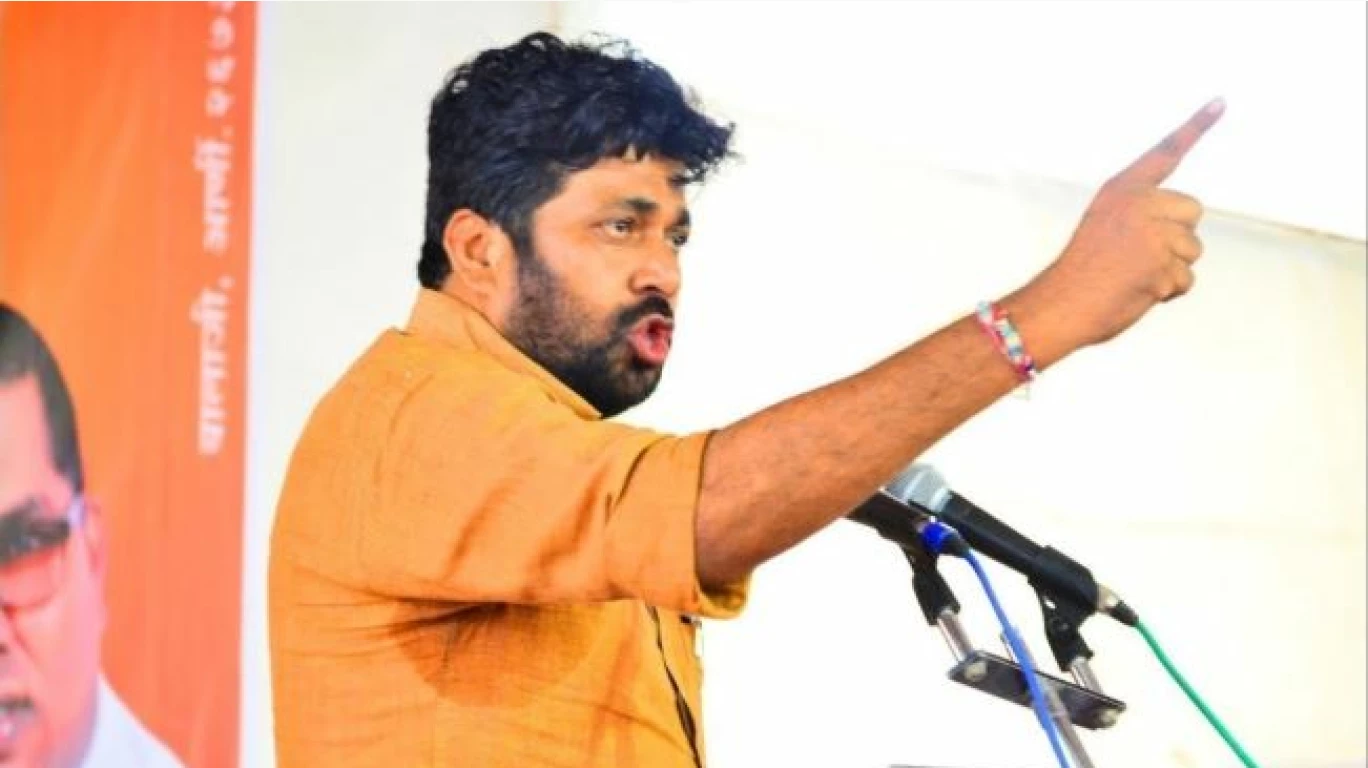

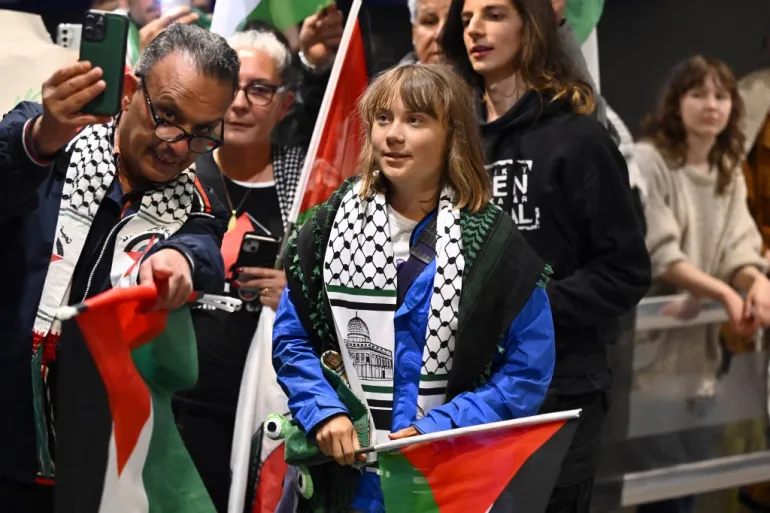

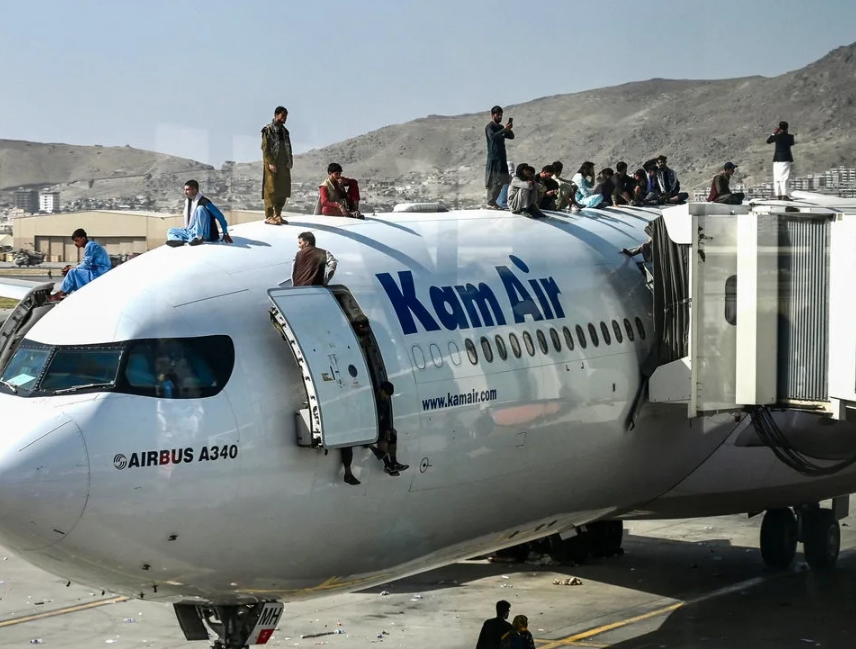
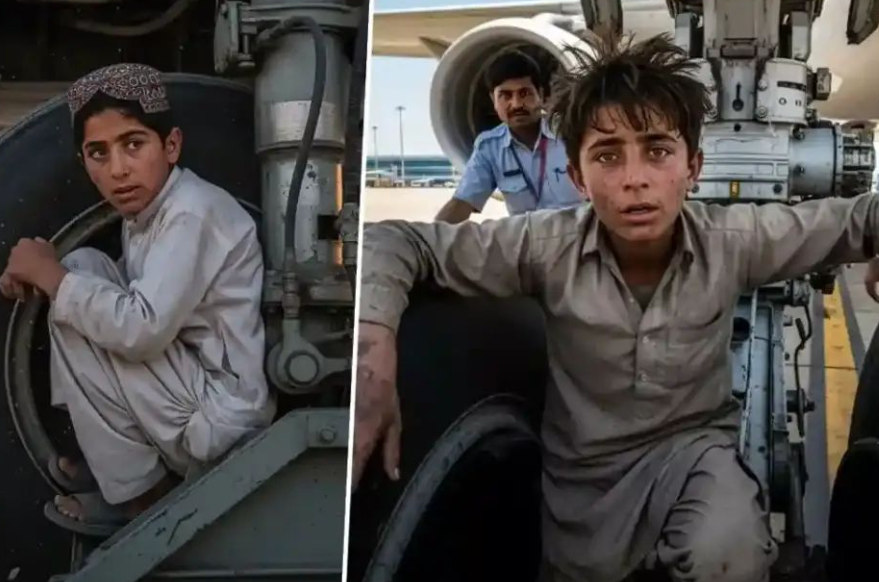



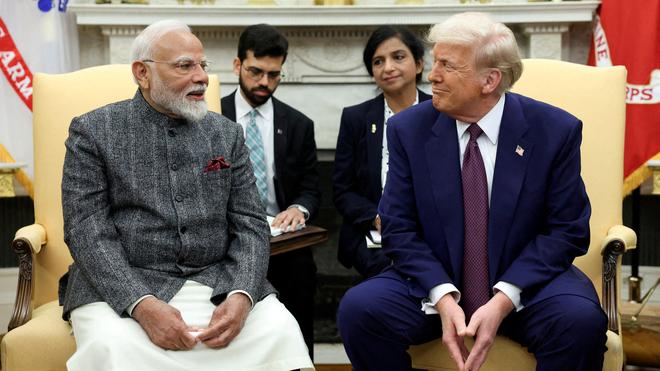

















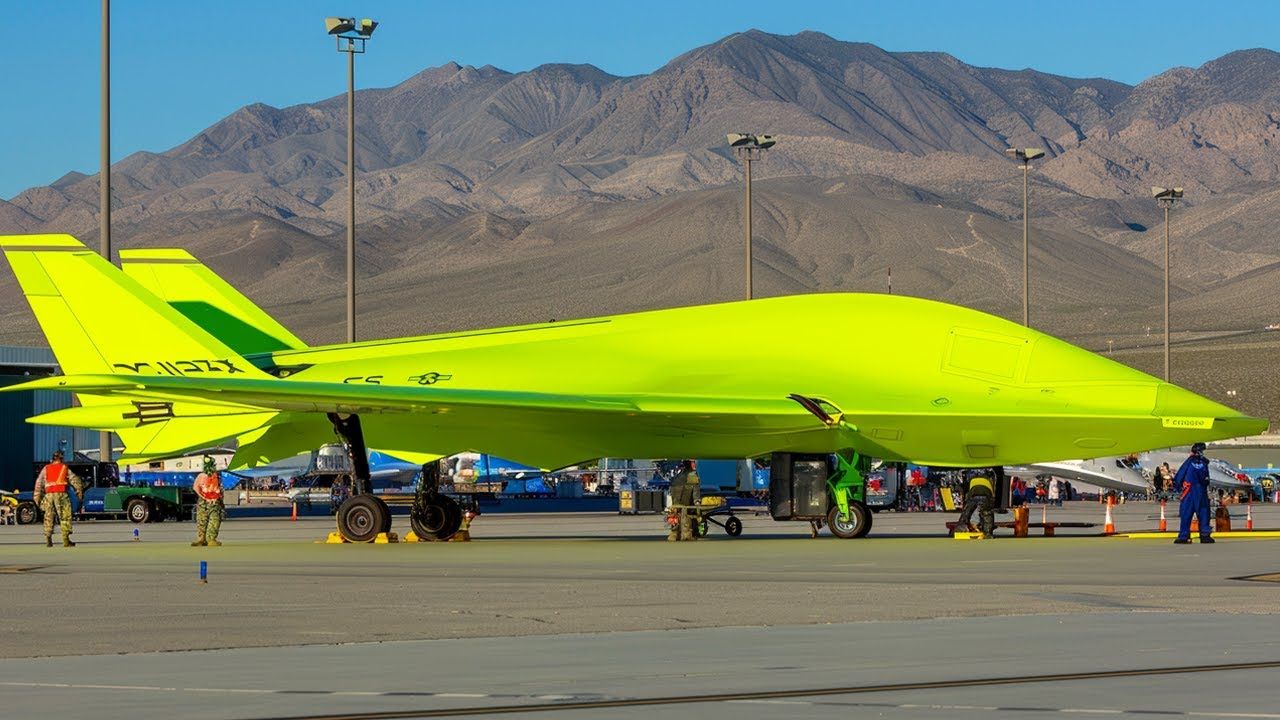





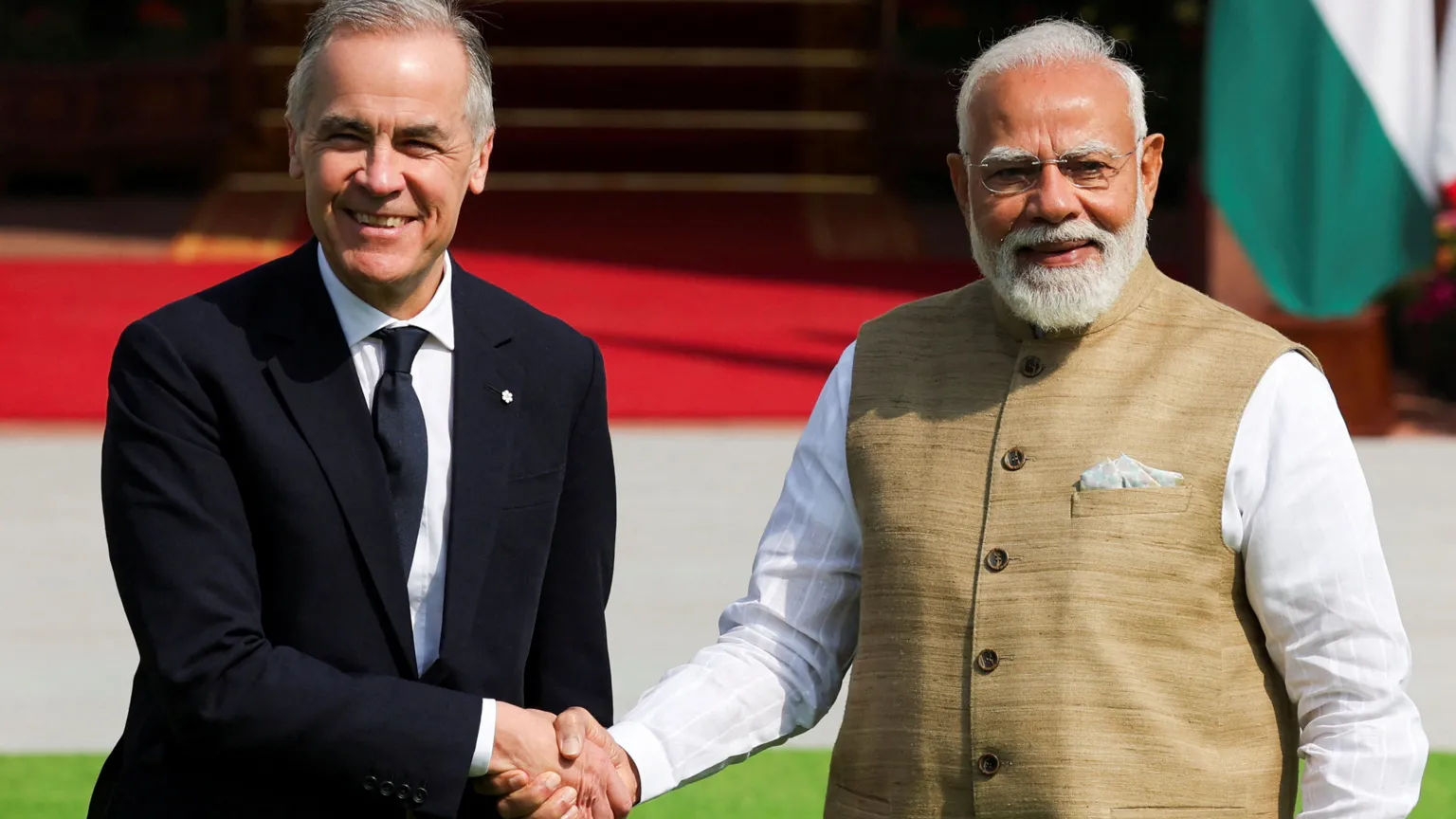
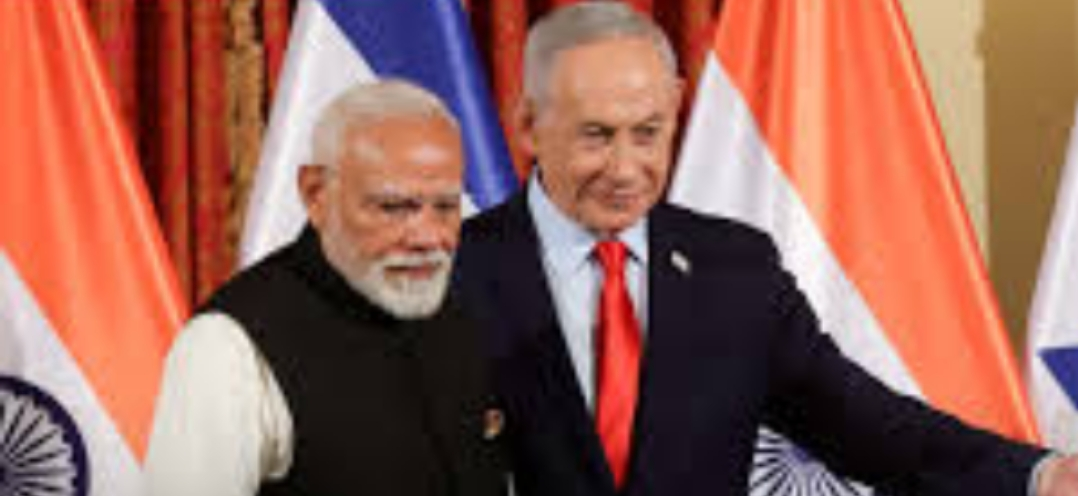
![Smoke rises after Israeli strikes in Beirut's southern suburbs, on March 2 [Mohamad Azakir/Reuters]](https://america112.com/wp-content/uploads/2026/03/hgh.webp)